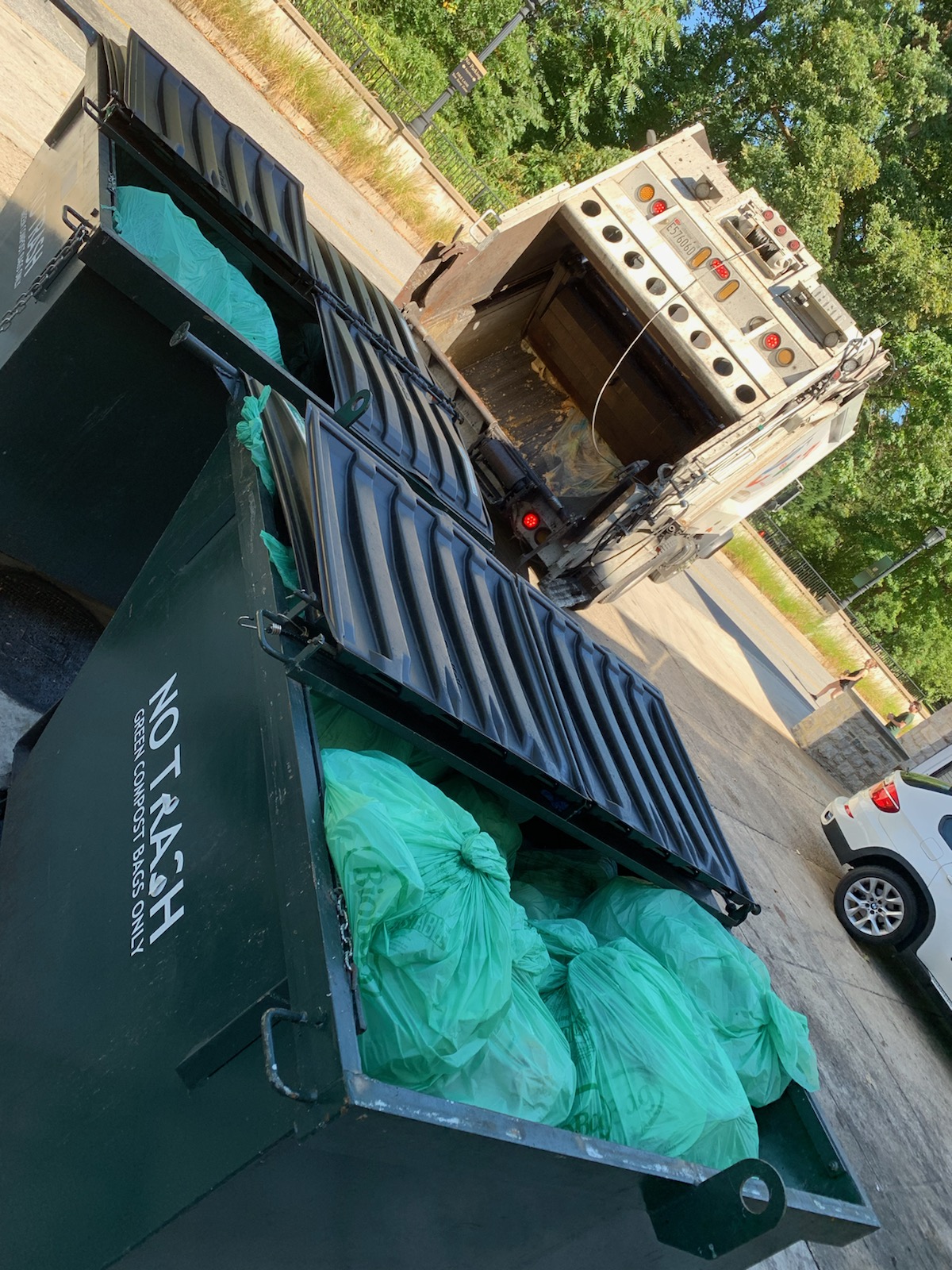
Maryland legislation passed in 2021 requiring large food waste generators to divert their waste away from landfill or trash incinerator if an organic recycling facility is nearby that can take their waste.
The bill has three main components:
- Requires large-scale food waste generators to source-separate food residuals if an organics recycling facility exists that has the capacity and is willing to accept food residuals within a 30 mile radius
- Gives facilities flexibility for disposing of organic waste by offering a list of zero waste strategies, including: sending food residuals to a compost or anaerobic digestion facility, reducing waste, donating servable food, managing residuals in a system installed onsite, or diverting food waste for agricultural purposes.
- Allows for food waste generators to receive a waiver if the cost of recycling waste is not competitive with the cost of disposing waste using other methods.
When similar legislation passed in Vermont, food donation increased by at least 30%, taking usable food and getting it into the hands of food banks and hungry people, instead of throwing it out. In Maryland, families needing food aid increased by about 800% over 2020, according to the Maryland Food Bank.
Aside from climate benefits, compost improves our soil health. When added to soil, compost adds carbon and can reduce urban storm water pollutants by 60 to 95%. Soil health has been in decline, in part due to our broken food system. We extract nutrients when we grow plants in soil, but do not return those nutrients to the soil. Adding compost to our soil strategy replenishes the soil microbiome and improves soil health.
Many large and small facilities already divert their food waste from landfills and incinerators, and demonstrate that this can be done with successfully.


